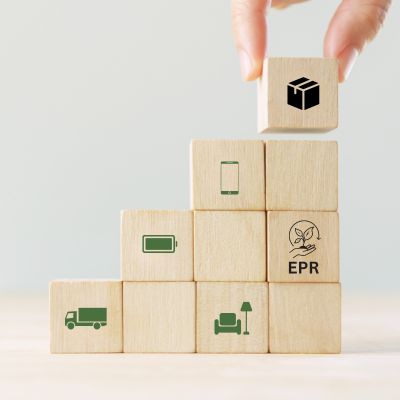Featured Projects
By Alisa Maier
On 08, Jan 2014 | In Waste related services | By Alisa Maier
Electrical- and Electronic Equipment (WEEE)
Electrical- and Electronic Equipment (WEEE) 
Electrical and electronic devices at end-of-life
Since 2005, in the EU producers and vendors of electrical and electronic devices are responsible for collection and recycling of WEEE, i.e. end-of-life products. This responsibility involves duties of registration, reporting, information and labelling, legal basis being the EU WEEE Directive 2012/19/EU, the recast of the original directive of 2004. Meanwhile, many countries outside the EU have passed similar laws for collection and recycling of electrical and electronic devices at the end-of-life stage, thus, making similar obligations like in the EU valid on a more or less global scope.
With respect to WEEE, we offer services for
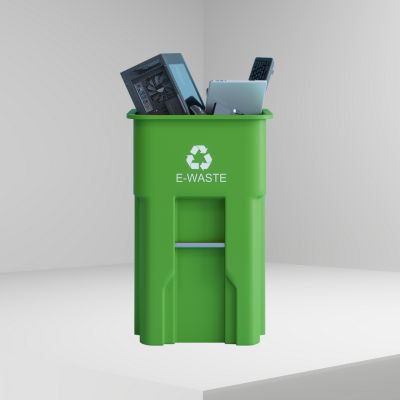
- Evaluating your individual obligations as a producer or seller of EEE
- Providing you with a tailored compliance roadmap
- Processing all required registrations with national authorities
- Linking you up with national producer compliance schemes
- Preparing and submitting your sales data to the national authorities and/or collective compliance schemes
- Audit of WEEE-related invoices
- Helping you through compliance audits scheduled by local authorities
- Adaptation or optimisation of the compliance setup
- Keeping you informed about changes to the requirements and adapting your individual compliance set-up
Are you prepared to fulfil your obligations as a manufacturer or first distributor?
Contact us for an individual consultation or visit our blog, to find out more about the latest developments and solutions in WEEE compliance.
Contact us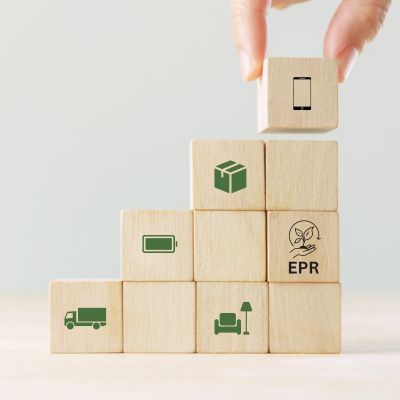
By Alisa Maier
On 08, Jan 2014 | In Waste related services | By Alisa Maier
Batteries
Batteries 
State-of-the-art assessment, re-use, and recycling of batteries
Ever-increasing employment of power supplies turns environmental compatibility of batteries and accumulators into a more and more ardent topic. Since a few years, everyone’s use of electronic devices, computers, mobile and smart phones, as wells as tablets have been complemented by e-bikes and storage of energy from photo voltaic systems, all of this increasing the effort of producers, importers and vendors for reuse and recycling of batteries and accumulators. Additionally, there are still other issues like storage and transport of risk-laden products like lithium batteries. In its present version (directive 2013/56/EU), the EU batteries directive gives clear guidance for the obligations of producers and launching parties.
With respect to batteries, we offer services for
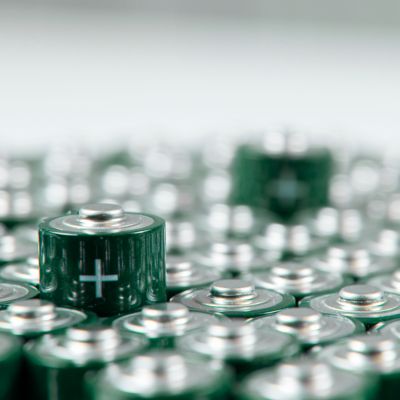
- Comprehensive information on legal obligations
- Evaluating your individual situation as a company as well as your obligations for your products
- A compliance check of your present process
- Your operational tasks like registrations with authorities, links to take-back schemes, reporting of sales data, consulting for information and labelling obligations, evaluation of cost-saving potential
- Audit of waste battery-related invoices
- Support of audits by national authorities
- Development of an individual solution for industry batteries according to legal rules
Are you prepared to fulfil your obligations as a manufacturer or first distributor?
Contact us for an individual consultation or visit our blog, to find out more about the latest developments and solutions in battery compliance.
Contact us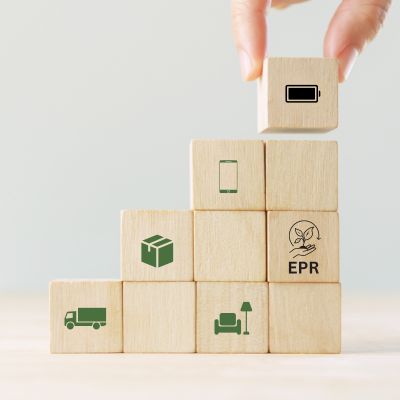
By Alisa Maier
On 08, Jan 2014 | In Waste related services | By Alisa Maier
Packaging
Packaging 
Without is top
The present version of the European Directive for primary, secondary and tertiary packaging (Directive (EU) 2018/852) foresees additional duties for all launching parties of packaging, starting with manufacturing until take-back, disposal or recycling. It is aiming at higher environmental compatibility by avoiding waste and by a higher portion of recyclates. For this purpose, one-way plastics e.g. have to be reduced and labelled. For environmentally more appropriate packaging, tax incentives and rules regarding shares of recyclates have been established, specific materials prohibited.
With regard to packaging, we offer services for
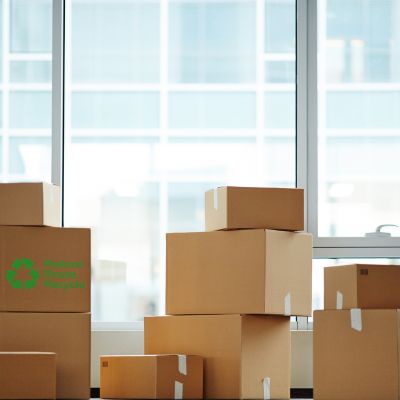
- Comprehensive information on legal obligations
- Evaluating your individual situation as a company as well as obligations regarding your products
- A compliance check of your present process
- Your operational tasks like registrations with authorities, links to take-back schemes, reporting of sales data, consulting for information and labelling obligations, evaluation of cost-saving potential, Drafting license contracts for using the ‘Green Dot’ trademark
- Audit of packaging-related invoices
- Support for audits by national authorities
Are you prepared to fulfil your obligations as a manufacturer or first distributor?
Contact us for an individual consultation or visit our blog, to find out more about the latest developments and solutions in packaging compliance.
Contact us